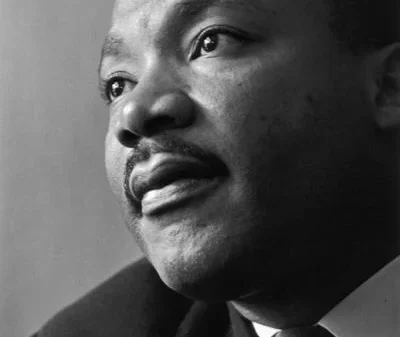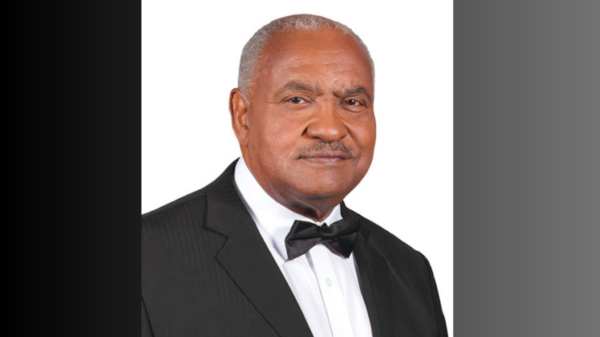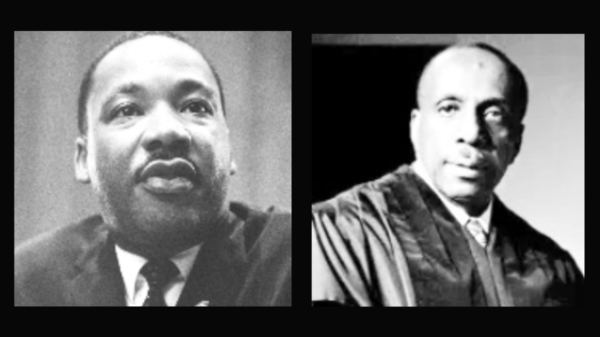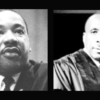By Algernon Austin
and Dedrick Asante-Muhammad”
Afro News
Reprinted – by Texas Metro News”
https://afro.com
As we consider the recent 61st anniversary of the 1963 March on Washington for Jobs and Freedom on Aug. 26, where Dr. Martin Luther King delivered his famed “I Have A Dream” speech, Black Americans are experiencing the most positive economic conditions in generations. Record low unemployment rates, record low poverty rates, record high income levels and new heights of wealth paint a picture of prosperity. One could easily think that this data means African Americans are experiencing broad prosperity. Yet, deeper investigation reveals that despite these record-breaking economic numbers, African Americans are still mired in great economic insecurity. This ongoing economic challenge is reflected in their low opinion of the economy, widespread asset poverty and ongoing Black/White economic inequality.

The best Black economy in generations isn’t enough when on the horizon is near never-ending inequality and insecurity. As the nation goes through a historic election that could have long-term ramifications on its political direction, it is clear that African-American voters continue to have economics at the core of their concerns versus the social issues that most often dominate the headlines.
From 1972 to 2022, the annual Black unemployment rate averaged 11.6 percent. In July of 2024, it was at 6.3 percent, nearing historic lows. But those figures look different in context; in 2023, for instance, the annual Black unemployment rate was nearly 1.7 times the White rate. On average, the Black unemployment rate between 1972 and 2022 was 2.1 times that of Whites, showing that bridging the Black/White unemployment gap remains a work in progress.
Other indicators tell us a similar story. The annual Black prime-age employment rate is at a record high: For the first half of 2024, it has averaged 78.0 percent, slightly above where it stood the previous year. Black median household income is also at its highest point in a generation, growing from about $41,000 in 2011 to nearly $53,000 in 2022 – a nearly 30 percent increase. That same year, median Black wealth or net worth (assets minus debts) also reached a new high of nearly $45,000, more than double the post-Great Recession low of about $17,000 seen in 2013.
Despite these positive trends, the economic reality for many African Americans remains precarious. In 2023, there would have needed to be over 1.4 million more Black people working to reach the same employment rates as White people. This joblessness cost Black America roughly $60 billion. And while Black median income has risen, it is still nearly $30,000 lower than the White median – and still even below the White median income of 1972.
The average Black median wealth of approximately $45,000 keeps a large majority of African Americans distant from the $190,000 to $570,000 estimated as the wealth necessary to reach middle-class status. As noted in the 2023 report “Still A Dream,” with all of the advances made since 1960, the nation is still moving at a glacial pace bridging Black/White economic inequality. If the country continues at the rate it has been moving since about the 1960s, it will take over 500 years to bridge Black/White income inequality, and nearly 800 years to bridge Black/White wealth inequality.
These statistics underline a crucial point: while Black Americans are experiencing significant economic gains, these advances are insufficient to overcome the entrenched inequalities that persist. The economic progress we see today is a foundation, not a finish line. It speaks to the need for comprehensive policies that address ongoing barriers to economic security and wealth-building.
Investment in quality education, access to affordable healthcare, affordable housing, new means of government financing of asset building opportunities like Baby Bonds are essential. These measures can help ensure that the economic gains of today translate into sustained prosperity and security for future generations.
As we approach the 2024 presidential election, much has been made of the historic possibility of electing the nation’s first woman president. But let us not make this election a mere contest between individuals, but one of policies that could be a salve for the foundational wound of race and economic inequality. Addressing these issues with urgency and commitment will not only improve the economic outlook for Black Americans – it will create a new foundation of great equality, which is a firm base for a more unified nation.









You must be logged in to post a comment Login